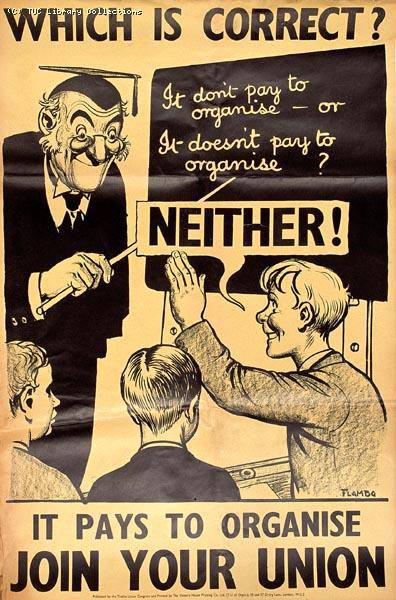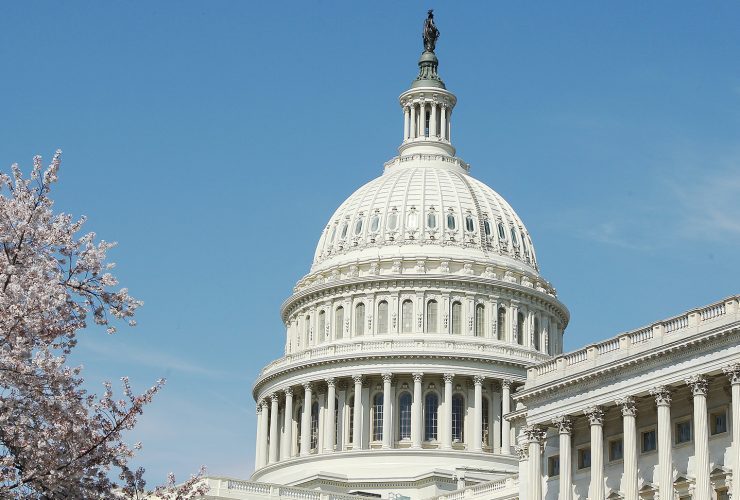This is the story of an idea. A simple idea: that people could pool their money and make loans to each other.
It’s the credit union idea, and it evolved from the cooperative activities of early 19th century Europe. The first of these cooperatives was an 1844 marketing cooperative organized by a group of workers in Rochdale, England. That same year in Germany, Victor Aime Huber began developing and publicizing some of the early European cooperative theories. The idea of credit societies was a part of this effort.
Credit Societies: The Birth of Credit Unions
Moved by the crop failure and famine that had devastated Germany in 1846–1847, Hermann Schulze-Delitzsch and Friedrich Wilhelm Raiffeisen created the first true credit unions in the mid-19th century.
After organizing a cooperatively owned mill and bakery, Schulze-Delitzsch founded the first “people’s bank” in 1852 to provide credit to entrepreneurs in the city. Raiffeisen had established a credit society in Flammersfeld, Germany in 1849 that depended on the charity of wealthy men for its support. He remained committed to that concept until 1864, when he organized a new credit union for farmers along the principles of cooperative interdependence, a community-first mentality and a volunteer management structure that are still fundamental today.
The credit societies in Germany, and similar institutions founded by Luigi Luzzatti in Italy, were the forerunners of the large cooperative “banks” which abound in Europe today.

The Idea Goes West
Over the years, credit unions spread to communities around the world. In the early 1900s Alphonse and Dorimene Desjardins started a credit union (caisse populaire) in Lévis, Quebec. Shortly thereafter, Alphonse, along with Americans Edward A. Filene and Roy F. Bergengren, helped establish credit unions in the United States.
The First Credit Union Day
As time passed, a desire emerged to establish an annual occasion to acknowledge both the credit unions’ important role in creating opportunity for their members and communities and the achievements of pioneers who laid the foundation for ongoing credit union success.
On January 17, 1927, the Credit Union League of Massachusetts celebrated the first official holiday for credit union members and workers. They selected January 17 because it was the birthday of America’s “Apostle of Thrift,” Benjamin Franklin (1706–1790), who early credit union founders believed symbolized “the life and teaching embodied in the spirit and purpose of credit unions.”
Ironically, rapid growth within the North American credit union movement meant that people were either too busy to celebrate or too new to the movement to recognize the significance of the celebration. After a brief trial period, Credit Union Day quietly disappeared.
A Second Chance
 In 1948, the U.S. Credit Union National Association (CUNA) decided to initiate a new national Credit Union Day celebration. CUNA and CUNA Mutual Insurance Society set aside the third Thursday of October as the national day of observance. By then, many more of America’s credit union leaders believed there was a need for an occasion that would bring people together to reflect upon credit union history and achievements and to promote the credit union idea across the country.
In 1948, the U.S. Credit Union National Association (CUNA) decided to initiate a new national Credit Union Day celebration. CUNA and CUNA Mutual Insurance Society set aside the third Thursday of October as the national day of observance. By then, many more of America’s credit union leaders believed there was a need for an occasion that would bring people together to reflect upon credit union history and achievements and to promote the credit union idea across the country.
Credit unions, state credit union leagues in the United States and many of the informal credit union chapters in each state were encouraged to celebrate the new holiday in some way. It was to be a time for raising funds for movement causes and to pay homage to the men and women who had dedicated their lives to credit union development.
Sending a Message Around the World
During the 1950s, CUNA’s World Extension Department provided technical assistance and philosophical guidance for credit union development worldwide. So many countries had established credit union movements by 1964 that CUNA formally expanded its mission and launched CUNA International.
New movements joined the credit union family each year, and an increasing number of people were interested in celebrating their uniqueness and unity with a special holiday that could be enjoyed by everyone—regardless of religion, political beliefs, cultural differences or language. Many credit unions and leagues began to distribute publications, banners, slogans and kits, and Credit Union Day became an international celebration.
By 1971, substantial worldwide credit union progress led to the creation of World Council of Credit Unions to assist others in establishing and maintaining viable credit union movements in countries across the globe. In Canada, Australia, Latin America, the Caribbean, Africa, Asia, New Zealand, Great Britain and the South Pacific, national and regional credit union federations and confederations were established to support and endorse credit union development. World Council created the first International Credit Union Day materials more than 30 years ago, and they continue to provide ICU Day resources to credit unions and associations throughout the world today.
Where and How We Celebrate Today
Members around the world celebrate this special day in a number of ways. Some sponsor open houses, picnics, fairs, festivals and parades; others hold athletic competitions and essay or art contests for young members. Public gatherings with visiting dignitaries have effectively attracted media attention and public involvement, as have educational and public service events.

As West Community joins in this unique and exciting celebration, remember that you are joined by 217 million members in 105 countries who also recognize and celebrate the credit union difference!




